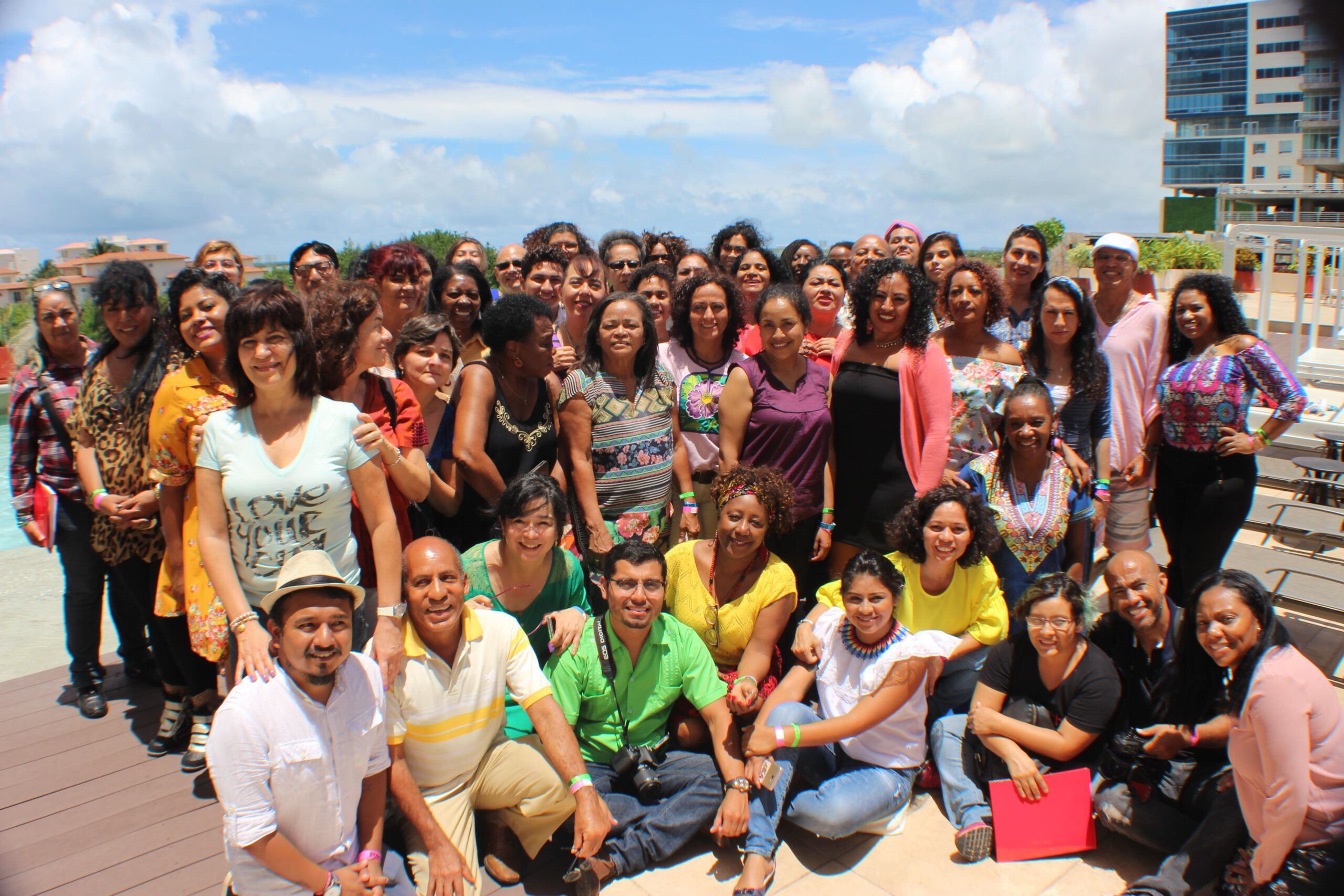Message from Carlos Quesada – Executive Director of the Institute on Race, Equality and Human Rights (Race and Equality) – on the International Day for the Elimination of Racial Discrimination
On the International Day for the Elimination of Racial Discrimination, we must acknowledge the detrimental effect that discrimination, racism, xenophobia, and related forms of intolerance have on marginalized populations as […]

On the International Day for the Elimination of Racial Discrimination, we must acknowledge the detrimental effect that discrimination, racism, xenophobia, and related forms of intolerance have on marginalized populations as well as on society as a whole. These forms of discrimination make it difficult for societies to be built on justice and equality. Therefore, advocating for the elimination of all forms of discrimination is necessary to promote social cohesion and the right to life and diversity of all peoples.
In our hemisphere, the problem of racial discrimination continues to manifest itself in various ways. In Colombia, the peace agreements signed with the FARC (Fuerzas Armadas Revolucionarias de Colombia) have not prevented the killings of dozens of Afro-descendant leaders in the past year alone. In Brazil, police brutality against Afro-descendant youth, as well as killings perpetrated against Afro-descendant trans women, are alarming and exist with impunity. In the Dominican Republic, the problem of structural racism against Dominicans of Haitian descent continues to increase. In Cuba, we continue to witness a complete denial of the issue of racial discrimination, as well as a brutal repression against those wanting to bring it to light. In Peru, it was not until 2017 that a national census quantified the exact number of Afro-descendants, while in Panama there continues to be an invisibility surrounding the statistics on the problems that Afro-descendants face. These are just a few of the all too many examples.
The United Nations (UN) and the Organization of American States (OAS) have both created mechanisms of international law to combat the effects of discriminatory practices on the basis of race, gender, sexual orientation, language, gender identity, or religion. Among them is the Inter-American Convention against Racism, Racial Discrimination and other forms of Intolerance, which reaffirms States’ commitment in the Americas to the elimination of racial discrimination and the effective realization of the principle of equality within the region. Progress is being made to create legal avenues to address contemporary forms of racism, as well as to push for progressive international standards in the region that comply with the International Convention on the Elimination of all forms of Racial Discrimination. It is imperative to recognize the efforts made by States and International Organizations to protect the universal right to a dignified life and the effective realization of the principle of equality and liberty of all ethnic peoples. However, the unacceptable conditions that segregation and marginalization have caused in the region continue to manifest themselves today, through the indexes of poverty, unemployment, forced displacement. These conditions include the lack of effective public policies that guarantee the rights to education, health, and dignified life for the Afro-descendant and indigenous communities. These problems are felt especially significantly by women.
Therefore, we urgently call on international organizations and States to double their efforts and adopt the necessary measures to eradicate any and all forms and manifestations of discrimination so that the racist doctrines and hate-speech that undermine the ideals of every human society can be prevented and combatted. Likewise, we make an energetic call for States to ratify the Inter-American Convention against Racism, Racial Discrimination, and other forms of Intolerance. To date, this Convention has been ratified by Costa Rica and Uruguay. The Convention is a mechanism to advance efforts in the fight for universal respect of all fundamental human rights, as well as protect the lives of those who are currently marginalized.
The fight against racial discrimination is the responsibility of all, regardless of age, gender, religion, national or ethnic origin, sexual orientation or gender identity. Therefore, understanding the full effect of racial discrimination on men, women, young and old, boys and girls, should concern all social institutions. Understanding these effects is essential to counteract political discourses that belittle the significance and prevalence of racial discrimination and undermine the voices of marginalized populations.
The core mission of Race and Equality is to defend and promote the human rights of vulnerable populations, including populations marginalized because of their national or ethnic origin, sexual orientation, or gender identity. We commit to continue to denounce and help our partners fight against all forms of racial discrimination, wherever and however it manifests itself.

